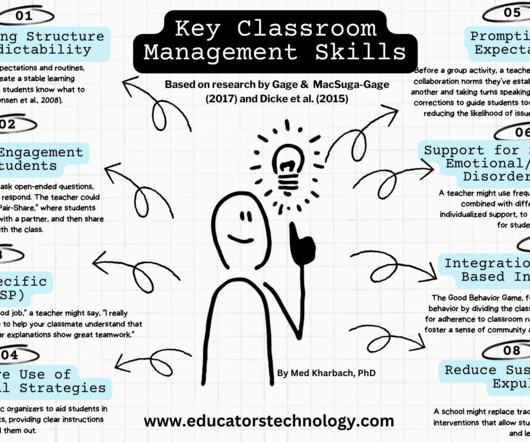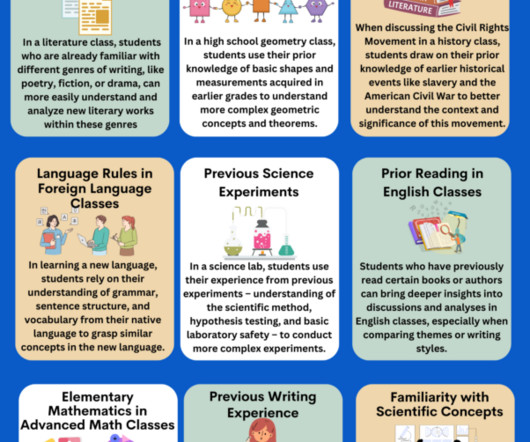It’s Pedagogy Go With Location-Based Mobile Learning At The University Of South Australia
EdNews Daily
JUNE 29, 2017
Between 2014-2016 the University of South Australia has been using the pedagogy associated with both playing and designing LBMLGs to blaze a trail that is informing the development of a contextually-based mobile learning framework for higher education. More information is available on their website at: [link].

















Let's personalize your content